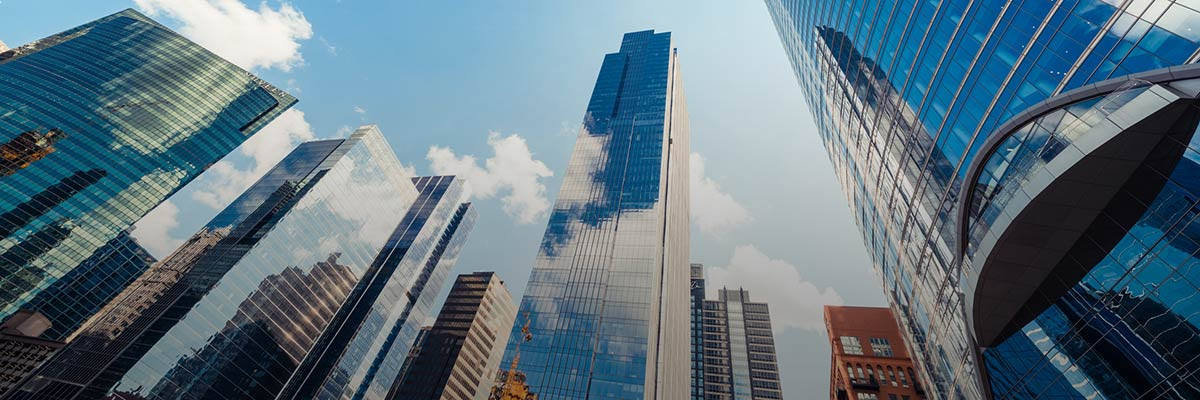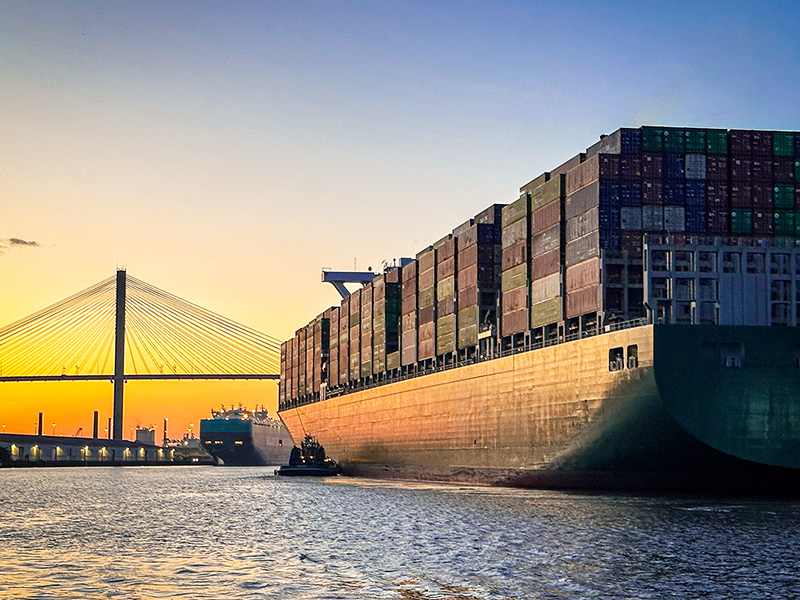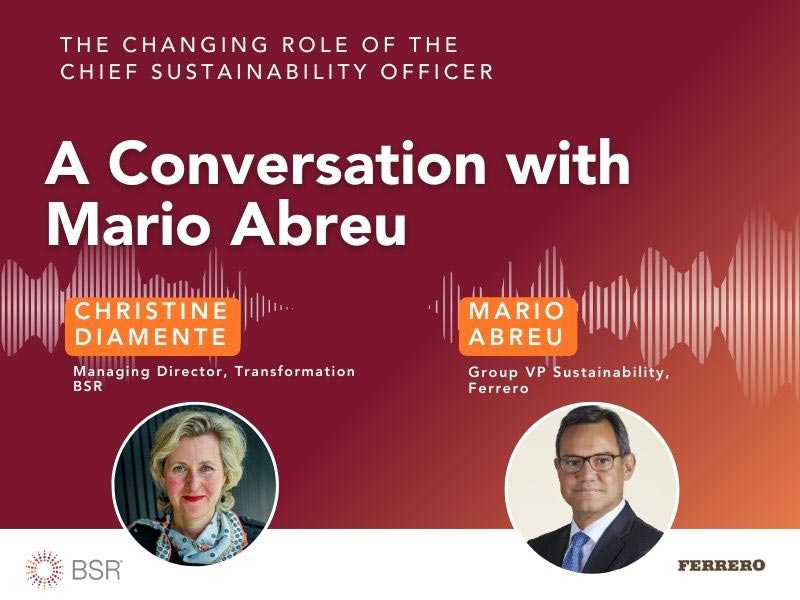
When BSR launched its first State of Sustainable Business survey with GlobeScan in 2008, it would have been inconceivable for influential corporate leaders and major investors to engage in a very public, candid, and existential conversation questioning the future viability of capitalism, the foundation of our economic and social systems for the past three centuries.
Fast forward to 2019: We see influential CEOs declaring that “capitalism as we know it is dead” and calling for a new capitalism that values purpose alongside profit. The CEOs of the Business Roundtable have essentially called for a redefinition of the purpose of a corporation, embracing a form of “conscious capitalism” in which the need to deliver value to all stakeholders has surpassed the previously unchallenged primacy of shareholders.
These are welcome and long-overdue conversations and developments and provide a particularly compelling backdrop for us to unveil the findings of our 11th annual State of Sustainable Business survey, which includes responses from business leaders representing 125 global companies—half of BSR’s global membership network. As it has been since its launch, the survey features the perspective of the business leaders who do sustainability work daily inside some of the largest and most influential companies in the world.
This survey is also our last before we move into the 2020s, and as many companies had sustainability strategies with a 2020 end date, we wanted to find out how our members think they fared. More than half of BSR companies surveyed reported having a sustainability strategy with a 2020 end date or milestone, but only 45 percent of those said they considered their company to have achieved a great deal of success in reaching their objectives—which suggests we are off track to achieve global sustainability targets.
We need business to dramatically increase its sustainability ambitions over the coming decade.
Given the urgency of bending the curve on emissions and lifting communities and people out of poverty while supporting fundamental human rights, the message here is clear: We need business to dramatically increase its sustainability ambitions over the coming decade.
Furthermore, to truly achieve the sustainable change we need, significantly more effort must focus on a company’s value chain. Half of respondents say their efforts to address sustainability within supply chains have been ineffective—though they report being more effective in cases where they have been able to apply new technologies like blockchain.
One of the more interesting findings was that while a majority of companies plan on embedding sustainability more deeply into the business, less than half will be emphasizing long-term value creation, and fewer still are focused on trying to influence policy-making frameworks.
While about half of companies report a “fair amount” of focus on public policy across all issues, with human rights and climate change drawing somewhat more attention than inclusive growth and women’s empowerment, we do see an opportunity for companies to make it more of a focal point. Given the significant business influence over policy frameworks and the urgency of achieving sustainability goals, we hope to see more companies speaking out strongly on these vital issues.
Another noteworthy insight is that investor interest has become a major driver of corporate sustainability efforts overall. While reputation risks and customer/consumer demand continue to be identified as the most important drivers of company sustainability efforts, professionals citing investor interest as one of key drivers of sustainability efforts has increased significantly over the past year, with 40 percent citing it as a top three driver, up from 25 percent in 2018.
The integration of sustainability into the core of business strategy continues to be an opportunity for more ambitious company action. Despite continued CEO focus—more than half of companies say sustainability is among their CEOs’ top five priorities—and rising investor interest, little has changed in the past three years in the level of self-reported integration of sustainability into the core of the business.
Overall, 66 percent of companies say that sustainability is at least fairly well integrated, exactly the same as it was in 2016. Integration of sustainability into strategic planning and into products and services is being pursued by only about half of the companies surveyed.
Climate change, ethics and integrity, diversity and inclusion, and human rights remain the top sustainability priorities for companies.
As we move into the 2020s, the survey also revealed that climate change, ethics and integrity, diversity and inclusion, and human rights remain the top sustainability priorities for companies.
However, in 2019, climate change has emerged from the pack, making a significant jump with more than 50 percent of respondents citing it as a “very significant” priority over the coming year. Company leaders exploring how they can move toward net-zero carbon emissions, while also assessing their climate risk scenarios, are no doubt also well aware of the increased sense of urgency expressed by scientists and other experts and the surge of public demonstrations demanding urgent action to limit global temperature rise to 1.5°C.

It is worth noting that despite its ranking as a top corporate priority, the survey reveals minimal movement in the number of companies setting an internal price on carbon. Only 31 percent of companies either already have, or are moving to implement, an internal carbon price. In addition, only one-third of companies say they are focused on managing climate change through tier-2 suppliers and supply chains. Most businesses with science-based targets will need to address these emissions as part of the global effort to bend the curve on emissions and limit global temperature rise to 1.5°C.
Companies are becoming more interested in deepening their relationship with stakeholders.
Finally, we were heartened to discover that companies are becoming more interested in deepening their relationship with stakeholders. As we noted in our report, Five Steps to Stakeholder Engagement, earlier this year, we are living in an era of increased investor interest, widely accepted international agreements, heightened public transparency, and a digital media environment in which information is shared at lightning speed. Stakeholder engagement is more important than ever, and the fact that companies are taking it seriously is good news indeed.
We will be looking forward to connecting with our own stakeholders, including our members and other partners from business, civil society, and the broader sustainability community, at the BSR Conference 2019 in San Jose this week, where The New Climate for Business will take center stage. We’ll discuss our common challenges, and the opportunities for stepped-up corporate action on sustainability as we prepare for the critical decade of the 2020s.
BSR’s latest sustainability insights and events straight to your inbox.
Topics
Let’s talk about how BSR can help you to transform your business and achieve your sustainability goals.









